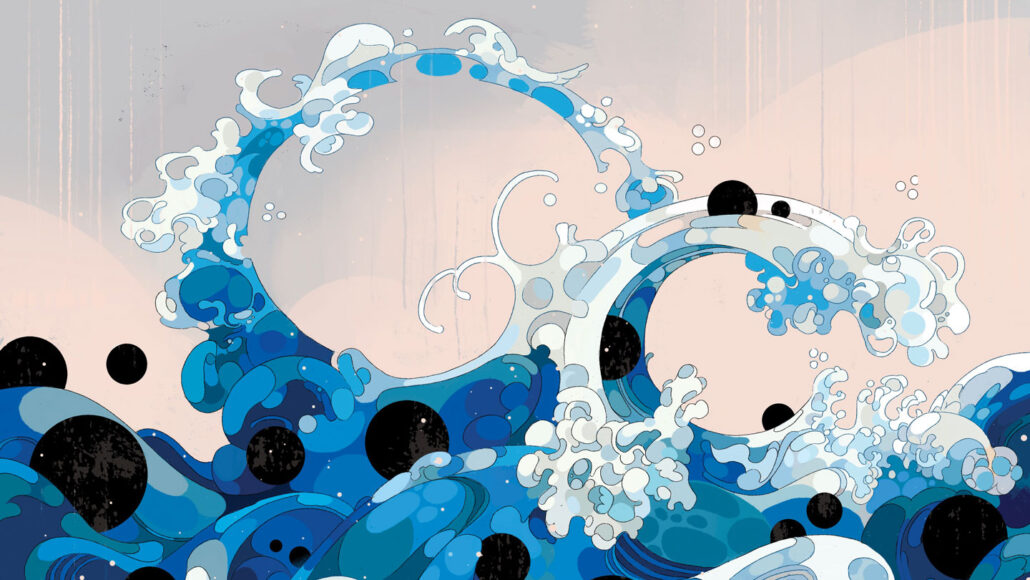Questions for ‘Stashing more CO2 in the ocean could slow climate change’

Changing the ocean’s chemistry or biology to pull more carbon dioxide (CO2) out of the air could help slow Earth’s rising fever.
Deb JJ Lee
To accompany ‘Stashing more CO2 in the ocean could slow climate change’
SCIENCE
Before Reading:
- In two or three sentences, explain — to the best of your understanding — the role of people in today’s changing climate.
- What is the carbon cycle? (If you aren’t sure, do a quick internet search.) Why is the carbon cycle relevant to understanding climate change? What is one specific way a plant or animal might play a role in the carbon cycle?
During Reading:
- What fraction of carbon-dioxide (CO2) emissions released by human activities has been absorbed by our oceans over the last 250 years?
- What does IPCC stand for?
- In 2015, how many countries pledged to try to keep global warming below 2 degrees Celsius (3.6 degrees Fahrenheit)?
- To slow the rate of warming enough to reach this goal, countries may need to do more than just cut their emissions. If countries meet their carbon emissions-cutting pledge but make no other changes, how much warming will the world likely experience over the next 75 years?
- To achieve the IPCC’s goal, how many tons of CO2 must be removed from the atmosphere by 2050?
- What is phytoplankton? What is the relationship between phytoplankton and photosynthesis?
- In what year did the United Nations call for a stop to the iron fertilization of ocean water? What concerns led to this decision?
- In regions that experience an ocean upwelling — such as the west coast of Peru — how do the nutrient levels of the deep ocean compare to those in surface waters?
- Why would raising the ocean’s pH — and therefore increasing its alkalinity — likely draw some CO2 out of the atmosphere?
- In what two countries is Captura planning to conduct small-scale projects to test its direct-ocean-capture technology?
After Reading:
- This story discusses several potential approaches to carbon dioxide removal (CDR). Pick one that interests you. Then, draw a picture illustrating how you understand this process to remove CO2. Imagine you are a scientist investigating ways to put this idea into action. Write down one question that must be answered before carrying out this idea on a large scale. Describe one experiment that someone could conduct that would take the first steps toward answering this question.
- This story discusses how public opposition to some ocean-based experiments has halted or slowed studies. Biogeochemist Jessica Cross says, “Emotions tend to run high when we’re talking about our coasts.” Why might people have such strong opinions regarding experiments conducted in our oceans? What is one way that such public pushback might lead us to make better decisions? What is one way that such opposition could threaten our future?